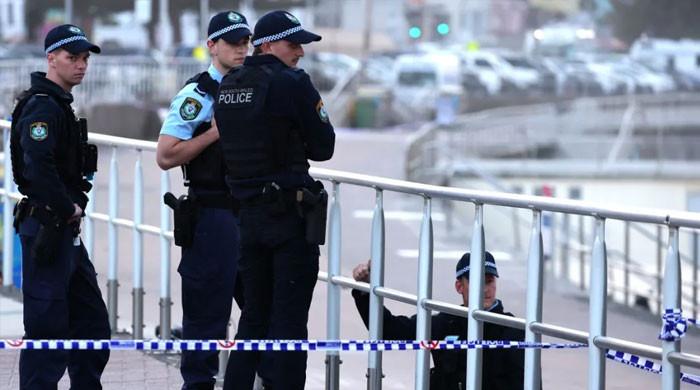COVID-19: Desperate to reopen businesses, countries consider 'immunity passports'
The COVID-19 strategy has been resisted by the WHO even before it has been implemented
June 23, 2020

After the COVID-19 pandemic, the world is at one front battling the disease while at the other, devising a post-corona world order to put economies back on track.
Among such measures is the idea of an immunity passport, a form of a document given to those who have recovered from the coronavirus disease.
According to a World Economic Forum report, Chile is mulling over the scheme to become the first country to put it into action.
Chilean Health Minister Jaime Manalich said that these "release" certificates would free holders from all kinds of restrictions or quarantine measures.
The idea has been met with skepticism, with the World Health Organisation (WHO) opposing the measure strongest.
Chile has voiced that these certificates will expire three months after a person has recovered from the COVID-19.
The World Health Organisation has also raised objection over the degree of immunity a recovered person has, along with the time duration one remains immune to the virus.
Another criticism stems from the argument that the document will ultimately cause more people to get affected from the virus due to the presence of "false positives" and "false negatives".
“False positives could lead people to think that they are safe from future infection, despite never having had the disease. False negatives would also mean infected people might fail to self-isolate. Advice from the WHO is that immunity certificates may in fact risk continued transmission of the virus, and lead to people ignoring public health advice,” said the report.
Research on antibodies
Reuters based a report on a research by Nature Medicine, which highlights the risks of using COVID-19 "immunity passports" and supports the prolonged use of public health interventions such as social distancing and isolating high-risk groups, researchers said.
Health authorities in some countries such as Germany are debating the ethics and practicalities of allowing people who test positive for antibodies to move more freely than others who don’t.
The research, which studied 37 symptomatic patients and 37 asymptomatic patients, found that of those who tested positive for the presence of the IgG antibody, one of the main types of antibodies induced after infection, over 90% showed sharp declines in 2-3 months.
The median percentage decrease was more than 70% for both symptomatic and asymptomatic patients.
For neutralising serum antibodies, the median percentage of decrease for symptomatic individuals was 11.7%, while for asymptomatic individuals it was 8.3%.
The study was conducted by researchers at Chongqing Medical University, a branch of the Chinese Centre for Disease Control and Prevention and other institutes.









